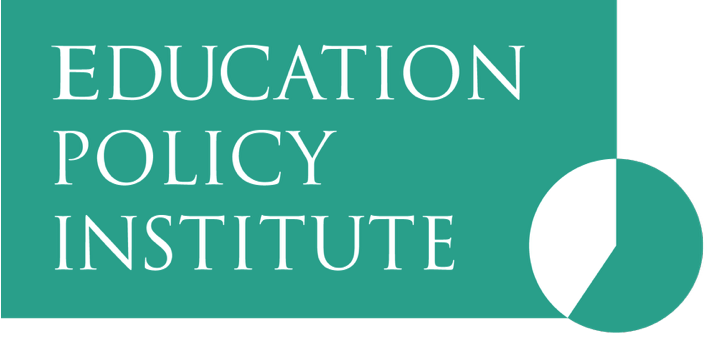Last week, NHS England released data exploring the mental health of children and young people in 2023. Using survey responses from young people and parents and input from clinicians, NHSE have generated estimates of ‘probable’ and ‘possible’ mental health disorders. In this blog, we explore overall trends in the prevalence of mental ill-health, inequalities by social and demographic factors, and discuss the implications of these findings.
Since 2020, the government has been publishing annual data on the prevalence of diagnosable mental health issues in children and young people – and the most recent pre-pandemic prevalence data was released in 2017. The latest figures show that one in five young people aged 8 to 25 have a probable disorder, or up to four pupils in an average secondary classroom. There has been a substantial increase from 2017, when prevalence stood at about one in eight. Despite additional government funding to address post-pandemic challenges, these findings highlight that the increase in mental health problems seen during the pandemic continues to affect young people today.
The prevalence of mental health problems varies by age. Mental health issues are least prevalent in younger children aged eight to ten (at 15.7 per cent) and decreased in this group for a second consecutive year. The prevalence of mental ill-health was highest in 17- to 19-year-olds, 23.3 per cent of whom are estimated to have a mental health disorder. This year’s data also shows that mental health issues amongst teenagers remain higher than before the pandemic.
The gender gap in later adolescence and early adulthood remains stark overall for mental health disorders, with twice as many girls with a probable disorder compared with boys. Although rates are similar in childhood, prevalence begins to diverge in adolescence and the gap widens with age. Almost a third of all 20- to 25-year-old women are likely to have a mental illness, the majority of whom have self-harmed at some point in their lives.

